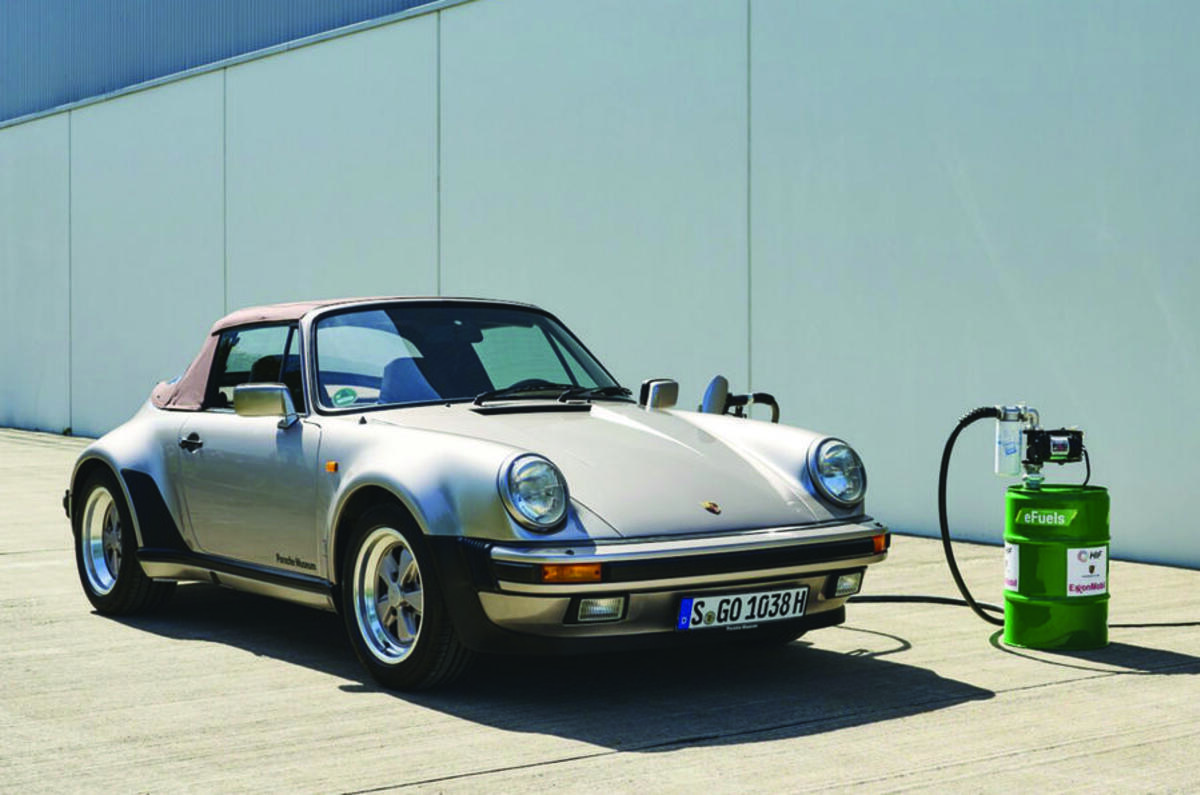News last year that combustion-engine cars will gain a reprieve in the European Union after 2035 as long as they run on carbon-neutral e-fuels was cause for celebration among the exemption’s chief backers in Germany.
However, not everyone is convinced that legislators are fully behind the shift. BMW CEO Oliver Zipse voiced suspicion that, despite including the exemption, the European Commission is still aiming for what amounts to a de facto ban on combustion engines.




Add your comment